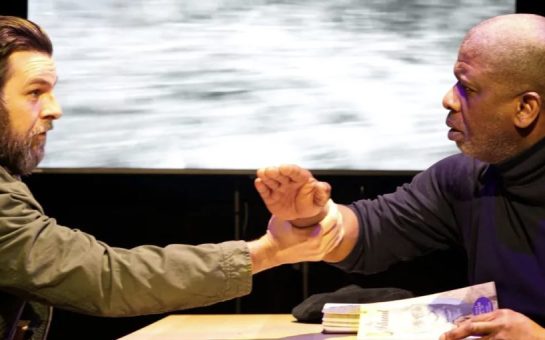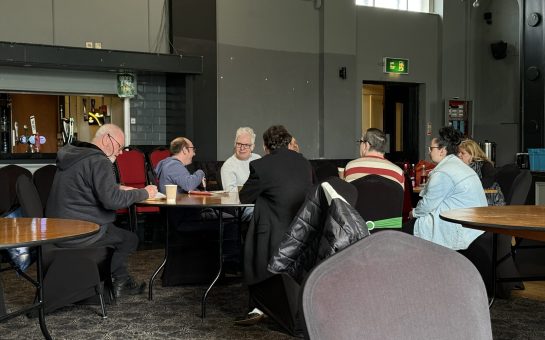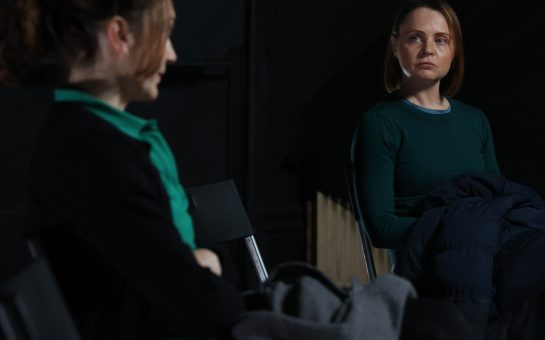Manchester needs a new theatre and more support for emerging writers, according to a leading playwright.
“More of our great writers came out of the north than anywhere else,” said Charlotte Keatley at Bridging the Gap, an event to launch The Gap Theatre Project.
“We need a venue here where this extraordinary talent can be available to an audience, and to which the rest of the nation can come.”
Ms Keatley’s play My Mother Said I Never Should, the most performed play by a woman playwright of all time, premiered at Manchester’s Contact Theatre in 1987 and won the Manchester Evening News Theatre Award for Best New Play.
She said that at the time, five or six new plays a year were performed in Manchester, but the support for new theatre was no longer there.
Ms Keatley said: “Arts Council funding goes up and down. Things get cut, some of them don’t come back.
“We need now what we had then. God know what would happen to [My Mother Said] now.”
Bridging the Gap is an evening of eight new short plays by well-known North West based playwrights.
Ms Keatley’s play, I Am Janet, is about an elderly woman (Eithne Browne), who is dying in hospital.
While the nurses around her ignore her attempts to communicate, the play allows her to speak directly to the audience, revealing her past and emotions.
Ms Keatley said: “I’m always interested in the gap between our perception of somebody and who they really are inside.
“I like writing the party of a woman who’s very old and almost dead and can surprise us with her attitude and humour.”
Other plays featured include Jim Cartwright’s Gaps, which is about an elderly celebrity’s reunion with her former assistant.
Punam Ramchurn’s Zilla used a backwards chronology to explore mental illness, and Simon Stephens’ The Gap shows a reunion between two former lovers in old age.
Actor and writer Ian Puleston-Davies, who played Owen Armstrong on Coronation Street, wrote the play White Man Overbite, a comedy about a former Coronation Street actor trying to move on from his party days.
Sarah McDonald Hughes’ Thigh Gap is a monologue from a teenage vlogger, while Chris Hoyle’s Broken Bridge and Ian Kershaw’s Talking Down both explored the theme of suicide.
Ms Keatley said that the plays were inspired by the theme of ‘the gap’ and reflected Manchester life.
“The way people use language. The humour, the love of words. The honesty. Those are all in the streets out here,” she said.
The Gap Theatre Project is an Arts Council-funded project created to research whether there is a gap between fringe and mainstream theatre in Manchester, and what can be done about it.
Ms Keatley said: “There’s a lot of fringe, pub theatre, mini-festivals. What we need is not something for emerging writers but for the excellent new writers in this city.”
She said that investors in Manchester’s city centre should help develop a new theatre as well.
“We have amazing new buildings,” she said. “Somewhere there must be a place where we can make a vibrant cultural centre.
“And theatre gives places like this identity and cool.”
Ms Keatley said that Bridging the Gap had sold out or nearly sold out for every night despite a lack of national press attention, proving that Manchester provides an audience for new theatre.
“Manchester was founded as the first industrial city in the world,” she said. “It’s the city for new ideas.
“We make a different kind of theatre here than in London.
“I’ve had my stuff performed in 31 countries. I always want to try out my plays here because I trust the audience.”
Image courtesy of Alan Cleaver, with thanks.



